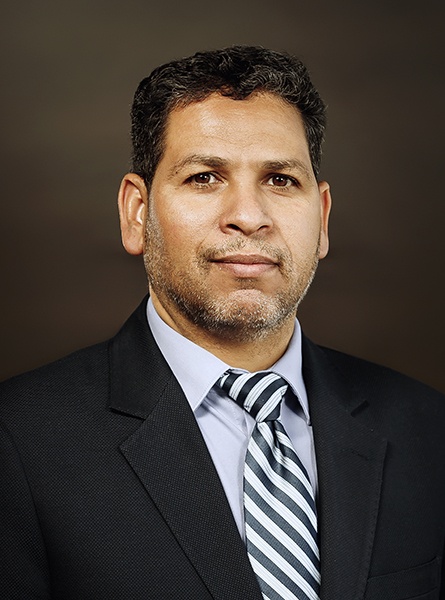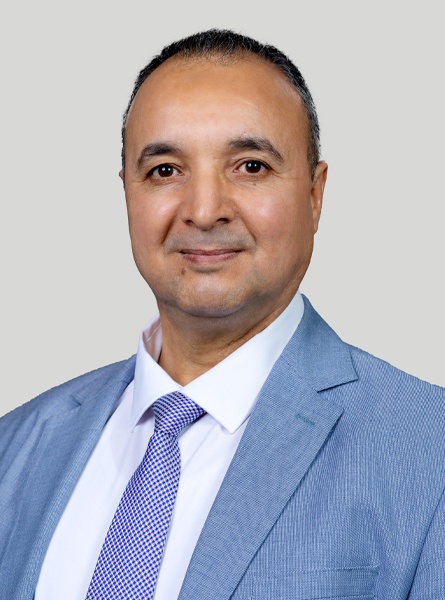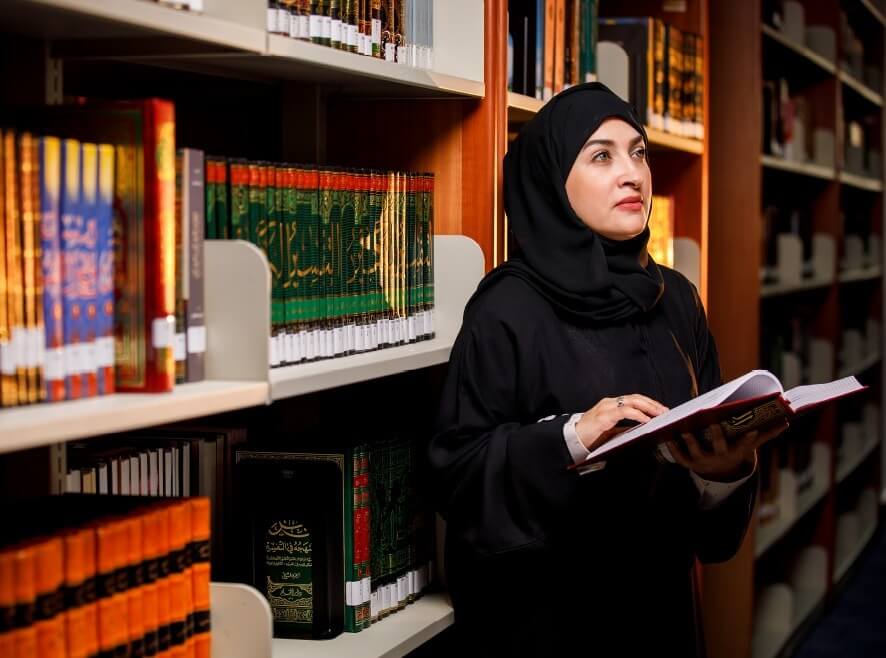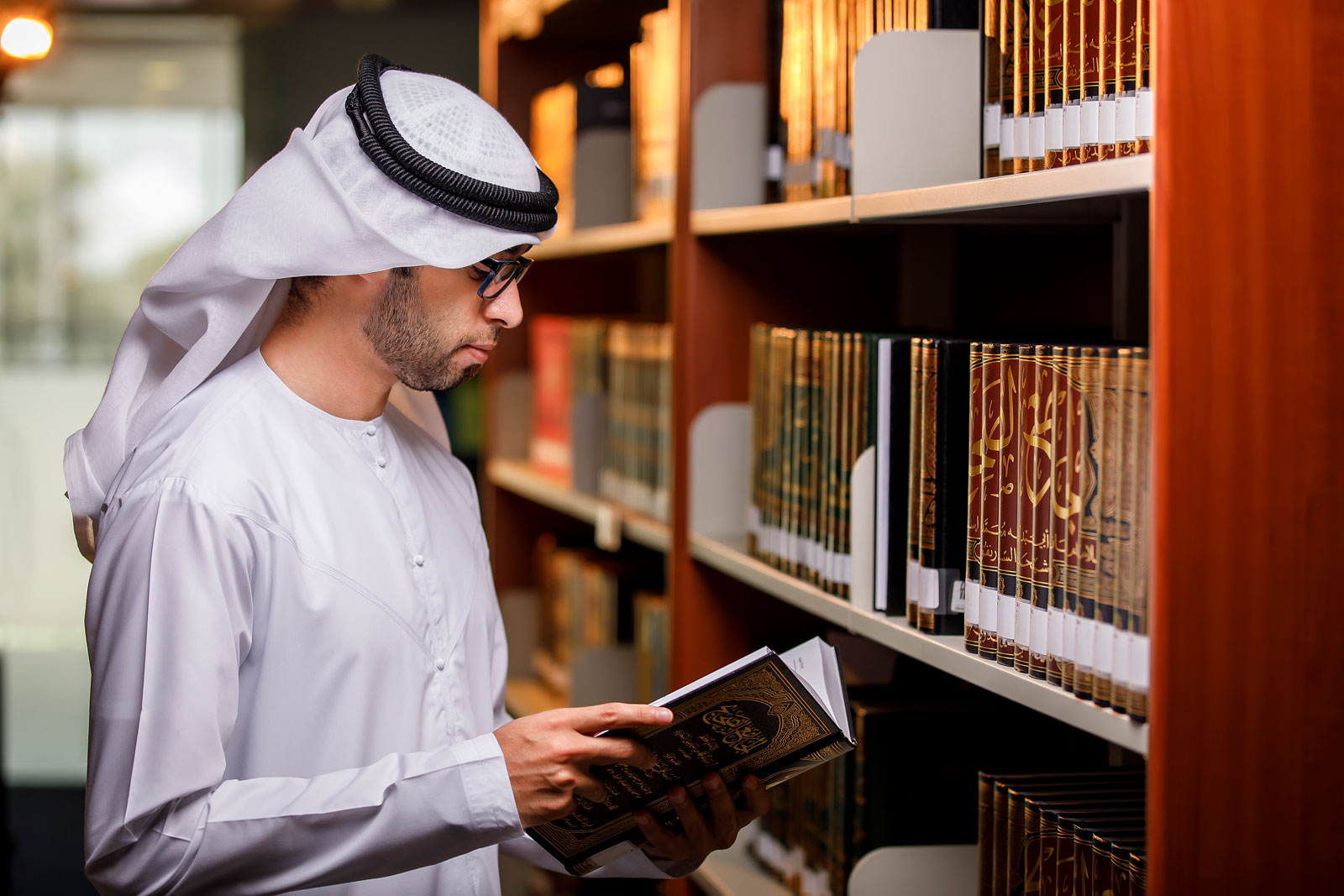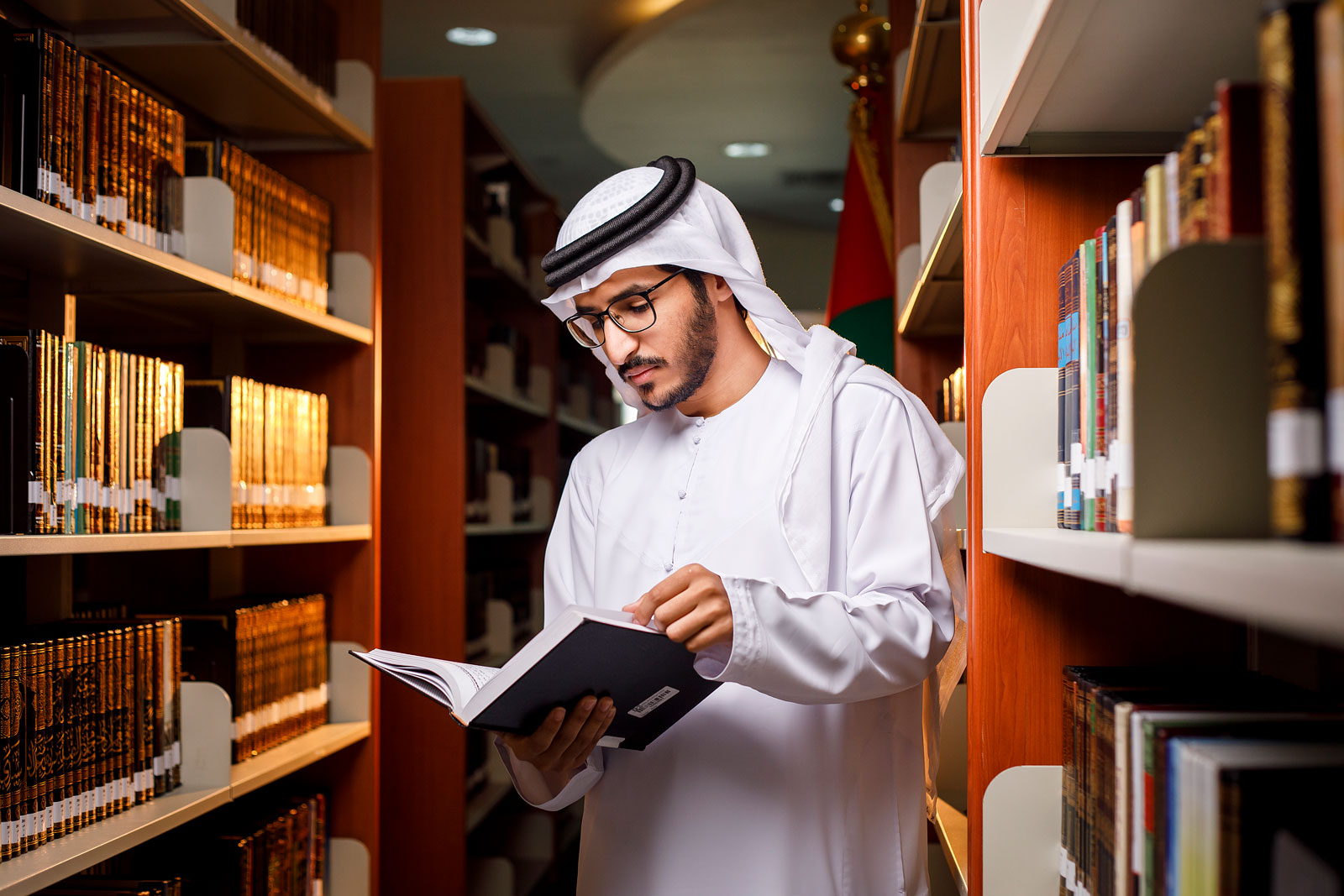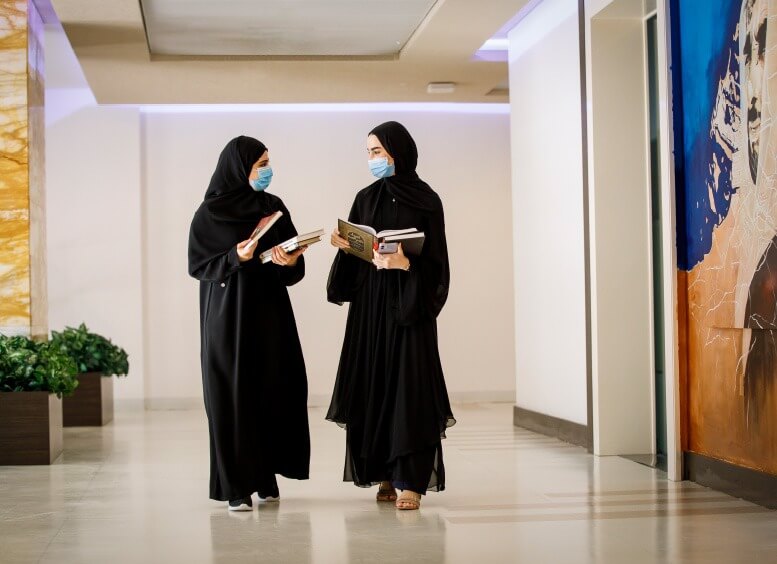
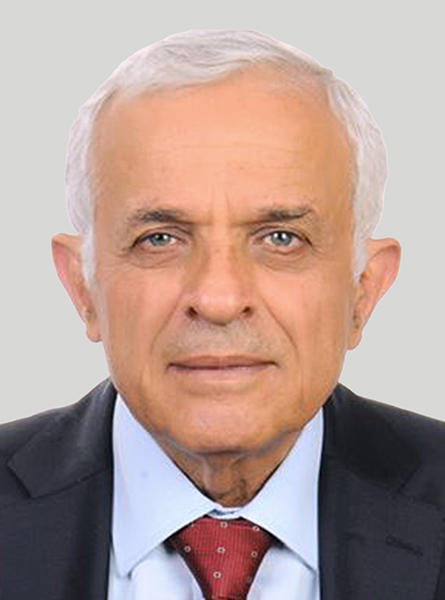
PROF. Radwan El Sayed
Dean, College of Graduate Studies and Research
radwan.ahmad@mbzuh.ac.ae
024999076
-Lecturer at the Lebanese University / Faculty of Arts – Department of Philosophy – Branch I, since 1977
-Teaching assistant in the Department of Philosophy at the Lebanese University / Faculty of Arts, first branch 1977-1979
-Instructor at the Department of Philosophy 1979-1984
-Assistant Professor, Department of Philosophy 1984-1988
-Professor in the Department of Philosophy 1989
-State Doctorate in Philosophy (Islamic Department) from the University of Tübingen, West Germany, 1977
-Al-Alameya (Bachelor’s) from the Faculty of Theology at Al-Azhar University (Department of Creed and Philosophy) 1970
Professor
Mohamed Bin Zayed for Humanities

Vision
To explore new fields and their intellectual and strategic currents in the study of philosophy, religions, moral values, tolerance and coexistence, human rights, and citizenship.

Message
To enhance the ability of students to acquire high-level academic knowledge in the fields of philosophy, religions, and ethics, guiding them to develop critical thinking skills through the presentation of…

Goals
1. Develop unique programs in the philosophy of religion, contemporary philosophy, religious history, and the relationship between religion and ethics.
2. Support students in carrying out theoretical and field research that qualifies them for the academic and teaching field, appropriate to the latest research methods.
3. Enhance student competency in modern languages by reviewing new books, conducting workshops, participating in international conferences, and writing research in English.
4. Encourage professors to actively participate in their academic fields and improve their teaching and research skills through the provision of grants and supporting publication.
5. Nurture a productive and cooperative working environment that fosters interdisciplinary exchange between faculty members and students, encouraging the constant revision and development of programs and courses every three years.
6. Direct academic specialties and priorities towards future employment opportunities for students, whether in public service, university teaching, or research centers.
7. Raise student awareness of their national and humanitarian responsibilities, and of the necessity of bolstering the values of citizenship and national solidarity.


